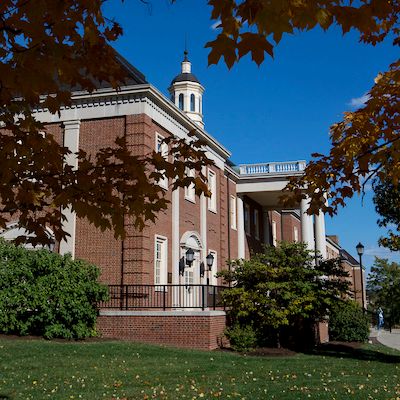
Socially Engaged Engineering and Computing
Faculty, students, staff, and the entire CEC community work together to advance our students’ abilities to improve the general well-being of individuals and societies. We do this by integrating both social and technical aspects into our pedagogical, design, and scholarly endeavors – as a practice, and field of inquiry. Together, we strive to accelerate the social benefits of technological innovation by ensuring our graduates understand user and community needs, and incorporate these needs into their engineering and computing projects.
Grand Challenges Scholars Program
Miami University Center for Assistive Technology (MU CAT)
The College of Engineering and Computing
